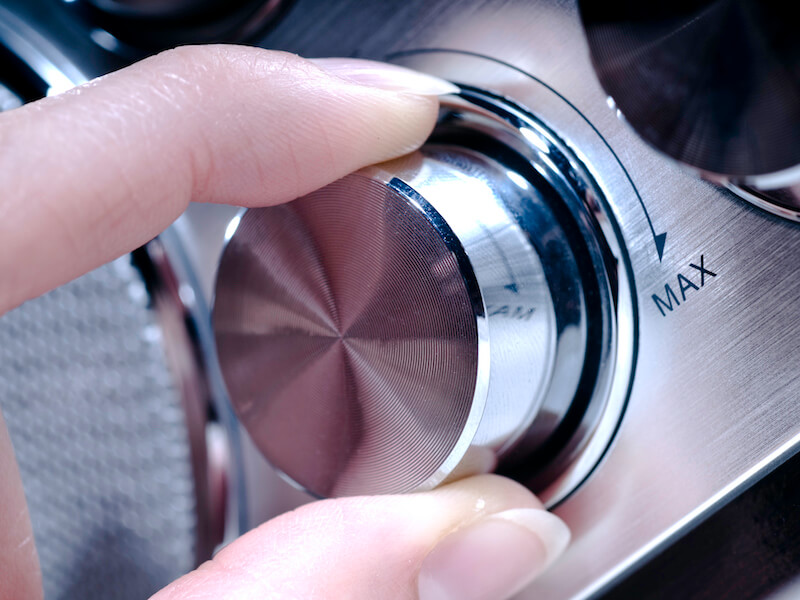
Knowing when you need some medical advice is usually rather easy. When you break your leg, for instance, you know you should go to the doctor (or the emergency room, depending on the scenario). You may need a splint or a cast or supportive device, but the thing is that you’re not likely to try “toughing it out”. If you want your bones to mend correctly, you need to get them treated as soon as you can.
It isn’t always that clear cut when it comes to hearing aids, though. Hearing loss is usually a developing condition. This means recognizing when to get treatment for hearing loss can be tricky.
So keeping an eye out for signs that your hearing is going is a good plan. If you detect any, it may be time to talk to us about your first set of hearing aids.
Hearing loss and hearing aids
Hearing aids are the main method of treatment for hearing loss. But that doesn’t mean everybody who has hearing loss will instantly need a set of hearing aids. In situations where patients have very slight hearing loss, hearing aids won’t always be useful. As a result, we might want you to wait before starting to use them. In addition, you might be directed to wear hearing aids only in particular situations.
This means that just because you are diagnosed with hearing loss doesn’t mean you will necessarily need hearing aids.
But in many cases hearing aids will be the best answer. Many people won’t have their hearing loss diagnosed until it becomes more severe because hearing loss advances gradually and often goes undetected for a while. But if you come in for a hearing exam regularly, you might be able to catch your hearing loss early, and, as a result, you might not need hearing aids right away.
And if that’s the case, you’re probably thinking: how can I tell if I need hearing aids?
Signs you need a hearing aid
Instant communication problems can be the consequence of hearing loss. But a lot of times you don’t even recognize that hearing loss is the cause of those communication problems. So, at what point will a hearing aid help?
Look out for these indicators:
- Phone conversations sound muffled: Voices typically sound a little flat on even high-quality phone speakers. If you have hearing loss, this can make it even more challenging to understand conversations. It can be extremely difficult to hear voices as a result of the loss of these frequencies.
- When people speak, you can’t always understand what they said: Many individuals feel like the total volume of life is fine so they never imagine that they may have hearing loss. But the thing about hearing loss is that certain frequencies of sound usually go before others. Which means that the great majority of sounds may seem ordinary but things in the high frequencies (like particular vowels) will be distorted. As a result, you may have a hard time making out what people are saying to you.
- You listen to the radio or TV at high volumes: Hearing loss could be the culprit if you continuously need to crank the volume of your devices up. This is especially true if you keep turning that volume knob higher (and even more especially relevant if the people around you complain about how loud your media is).
- When you’re in very loud locations, you have a tough time following conversations: This is probably one of the most prevalent symptoms of hearing loss. One of the surest indications of hearing loss is that you have difficulty following conversations in noisy places, like bars or restaurants. This happens because your ears are not getting as much information as they used to, and your brain isn’t really capable of filling in the gaps very easily. Because of this, there’s a lot of muffled conversations.
So how should you deal with it?
Obviously, you know exactly what you need to do when you break a bone! But what about when you notice these signs that you may need a hearing aid? What level of hearing loss requires hearing aids? That’s not a very easy answer but you should make an appointment with us for a hearing exam if you begin to detect any hearing loss symptoms. We’ll be able to assess the health of your hearing and ascertain just how serious your hearing loss may or may not be.
A hearing test will also help you get the optimal hearing aids for your needs if you do indeed need hearing aids. Then you will be able to get back to taking pleasure in good conversations with your friends and family members and doing the things you love.
Call us to schedule your hearing exam, we can help you understand if you’re suffering from hearing loss.
